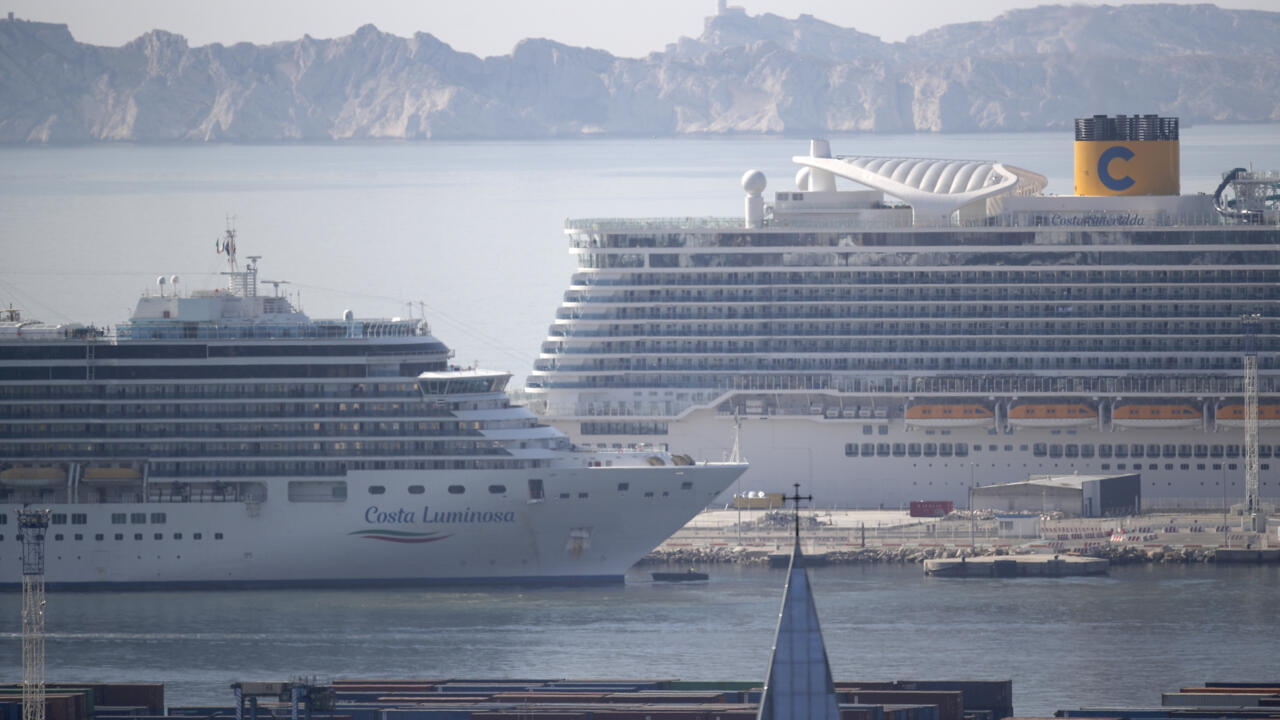Cruise Ship Crackdown: Nice Takes Bold Stand Against Tourism Overload

In a bold move to combat environmental degradation and tourism overload, Nice's mayor is set to implement a groundbreaking ban on massive cruise ships from entering its picturesque port. This decisive action follows the precedent set by Venice in 2021, when the historic Italian city took similar steps to protect its delicate ecosystem.
The proposed ban targets large cruise vessels that have long been criticized for their significant environmental impact. By preventing these floating cities from docking, Nice aims to reduce marine pollution, minimize carbon emissions, and preserve the natural beauty of its coastal landscape. The initiative reflects a growing global trend of cities prioritizing environmental sustainability over unchecked tourism.
Local residents and environmental advocates have welcomed the mayor's proactive approach, seeing it as a crucial step towards responsible tourism management. The decision not only promises to improve air and water quality but also seeks to restore a more balanced relationship between the city and its visitors.
As more destinations worldwide grapple with the challenges of mass tourism, Nice's bold stance could inspire other coastal cities to reconsider their approach to cruise ship tourism and prioritize environmental preservation.
